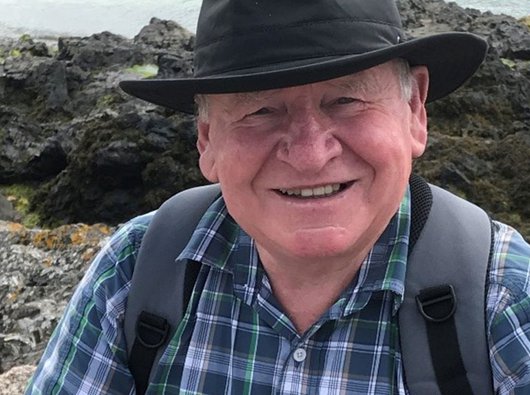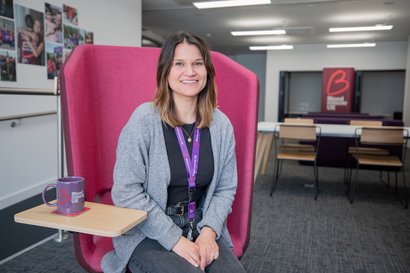Fatigue
Fatigue is one of the most common side effects of blood cancer and its treatment. Read our suggestions to boost your energy and manage extreme tiredness.
What you need to know
- You’re not alone: fatigue is a common symptom of blood cancer and a side effect of treatment.
- It’s more than just tiredness: it can affect you mentally and physically, and can hit even when you’re well-rested.
- There are things that can help: balancing being active with rest can help reduce fatigue.
What causes fatigue?
Fatigue is when you’re totally drained in body or mind. Fatigue can hit even when you’ve rested or slept well. It’s a normal and common side effect for people with blood cancer. Lots of things can play a role in fatigue – the cancer itself, current or past treatment, medications, stress or depression. If you experience fatigue, tell your healthcare team as they may be able to help.
Tiredness can also be a symptom of COVID-19 (coronavirus), so it’s important to tell your hospital team if you feel more tired than usual, or notice any other change in your symptoms.
Read real stories from people with fatigue

What can I do to help myself?
If fatigue or tiredness is new for you, or it gets worse, tell your hospital team so they can assess whether it indicates a change to your health.
If you experience fatigue as a result of your blood cancer or treatment, there are things you can do to manage it. All the tips here have come from people with blood cancer.
- Balance – You need both rest and activity to fight fatigue. It may sound strange, but being more active actually reduces tiredness.
- Keep active - We have some tips and tools to help you get started, including some exercise videos for people with blood cancer.
- It’s ok to ask for help – What could you delegate? Could any friends or family help?
- If you’re still working, think about what changes would help you – and be open with your boss if you can. We have more information about your rights at work and things you could ask for to help you.
- Learn what’s doable for you – Keep track of how you feel each day and week. You could use a fatigue diary or an app like untire. Tell friends and family what works for you and plan rest in between activities.
- Be kind to yourself – You’re not being lazy. You don’t have to be grateful and positive all the time. If you need a rest day, have one – because looking after yourself is a priority.
- Take care of yourself – Living with fatigue can make you feel down. Feeling depressed or anxious can also cause fatigue. Find out more about getting support for your mind and emotions.
By learning to manage the fatigue and other symptoms myself, my quality of life is so much better than when I was diagnosed.
- Erica, 69
More tools and support
Tell your medical team or GP about your fatigue. They may refer you to an occupational therapist or physiotherapist, who can show you ways to pace yourself and maximise energy levels.
Users are also discussing their blood cancer fatigue experiences and sharing tips on our online community forum.

Blood cancer health information
We’re here for everyone affected by blood cancer, whether it’s leukaemia, lymphoma, myeloma, MDS or MPN. Our online health information is accessible and easy to understand, whatever stage of your blood cancer journey you're at.
More About ThisAbout this information
This information is accredited with the PIF TICK, the UK's only quality mark for trusted health information.
Last review January 2026. Next review due January 2029. We may make factual updates to the information between reviews.
We would like to thank Consultant Haematologist Kevin Boyd and Lead Nurse Jodie Nightingill for checking the clinical accuracy of this information.
